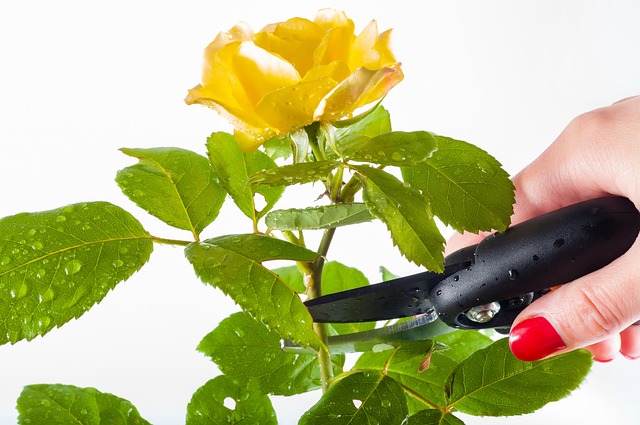Are you eager to witness a vibrant burst of growth in your garden come spring? Pruning your garden plants now is the key to unlocking a fresh and flourishing spectacle when the warmer days arrive. In this guide, we’ll delve into the essential garden plants that benefit from timely pruning and share valuable tips to ensure your garden thrives.
Why Pruning Matters for Spring Growth
Before we dive into specific plants, let’s understand the significance of pruning for spring rejuvenation. Pruning is a horticultural practice that involves the removal of dead or overgrown branches to stimulate new growth. By eliminating unnecessary growth, plants can redirect their energy towards producing healthy and vibrant shoots, resulting in a more robust and aesthetically pleasing garden.
Transitioning to a Blooming Spring:
The Best Time to Prune
Timing is crucial when it comes to pruning for spring growth. Late winter to early spring is the ideal window for most garden plants. Pruning during this period allows plants to recover before the growing season kicks in fully. Now, let’s explore some must-prune garden plants that promise a ‘fresh burst of growth’ in the upcoming spring.
Roses:
Cultivating Abundant Blooms
Roses are iconic symbols of beauty in gardens, and pruning plays a pivotal role in ensuring prolific blooms. Trim away dead wood, weak canes, and any overlapping branches to encourage robust growth and abundant flowering.
Fruit Trees:
Maximizing Fruit Production
To ensure a bountiful harvest, fruit trees like apple and peach benefit from pruning during late winter. Remove damaged or diseased branches, allowing sunlight and air circulation to reach the center of the tree, fostering optimal fruit production.
Perennials:
Shaping a Colorful Landscape
Pruning perennials in late winter promotes compact and bushy growth. Cut back dead stems and faded flowers, allowing the plant to channel energy into producing fresh blooms when spring arrives.
Lavender:
Encouraging Compactness
Lavender, known for its aromatic blooms, thrives with strategic pruning. Trim back one-third of the plant, shaping it into a compact form. This not only enhances its appearance but also stimulates new growth.
Shrubs:
Maintaining Form and Vitality
Pruning shrubs like hydrangeas and azaleas rejuvenates the plant, ensuring a healthy and well-shaped appearance. Remove dead or crowded branches to facilitate air circulation and new shoot development.
Transition Words for a Seamless Read
To guide you through this horticultural journey seamlessly, we’ll incorporate essential transition words. Firstly, let’s explore how pruning connects to spring growth. Next, we’ll transition to specific plants, detailing the importance of pruning for each. Ready to transform your garden? Let’s dive into the detailed pruning process for roses, fruit trees, perennials, lavender, and shrubs.
Your Path to a Blooming Spring
As you embark on the journey of pruning your garden plants, envision the vibrant burst of growth that awaits. By understanding the unique needs of each plant, you empower yourself to create a garden oasis that flourishes with life and color come spring. Embrace the pruning shears, and let your garden thrive!
